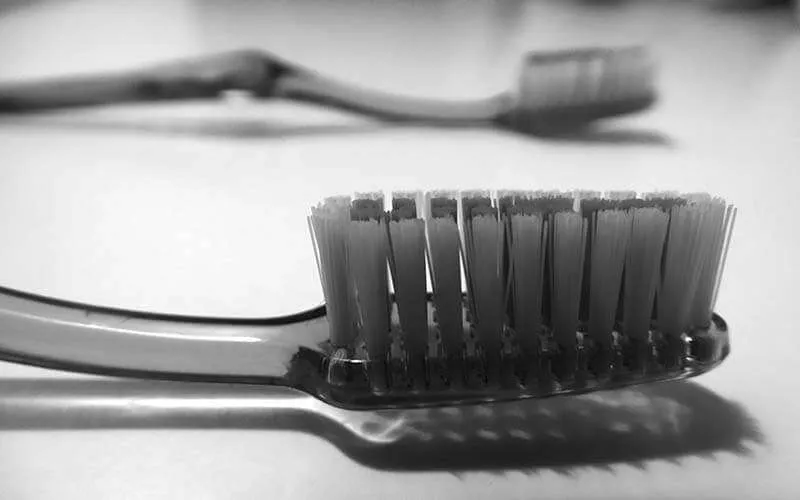Charcoal Toothpaste is the New Trend in Oral Care
Charcoal toothpaste has been gaining popularity in recent years. Many dentists view charcoal as an effective and modern way to clean teeth. For people who would like their teeth to be as white as possible, without relying on toothpaste that contains fluoride, charcoal toothpaste could be the perfect option.
The use of charcoal toothpaste has been a source of debate among dental professionals. Some dentists have praised this type of toothpaste for its ability to remove plaque, while others have condemned it for its abrasiveness and potential risks.
This article will explore its’ benefits and risks so that consumers can make an informed decision about what is best for their oral health.
What exactly is charcoal toothpaste?
This toothpaste contains a compound found in activated charcoal called activated carbon which adsorbs non-polar particles through chemical reactions. The main benefits of using this product include a reduction in tooth sensitivity, surface stains, plaque accumulation, bad breath and it can be used by people with braces.
It is commonly made from bamboo, activated coconut carbon,
or bamboo charcoal – all of which are used with the intention to absorb and trap
harmful substances and chemicals with their porous surface.
The benefits
Some people swear by this toothpaste for its ability to whiten teeth and remove plaque and stains easier than regular paste.
The benefits are:
- It is non-abrasive and has a minty flavour.
- Its ingredients detoxify the mouth and eliminate bad breath.
- It can whiten teeth by removing stains caused by tea, coffee, wine, red wine, dark soda, tobacco and cigarettes.
- It reduces bacteria in the mouth which prevents gum disease.
- It has become a popular option for those who want to clean their teeth without the use of harsh chemicals.
The risks
There are some potential risks associated with this toothpaste that you should be aware of before making a purchase. These are:
- If the person is not aware of how abrasive it is, it may cause gum tissue recession.
- It may wear-down your enamel, which is what prevents cavities.
- It may stain veneers, bridges or fillings.
- The charcoal may interact with other substances in your mouth to form a potentially harmful chemical.
- Many toothpastes with charcoal don’t contain fluoride, which can lead to serious tooth decay and harm your teeth.




